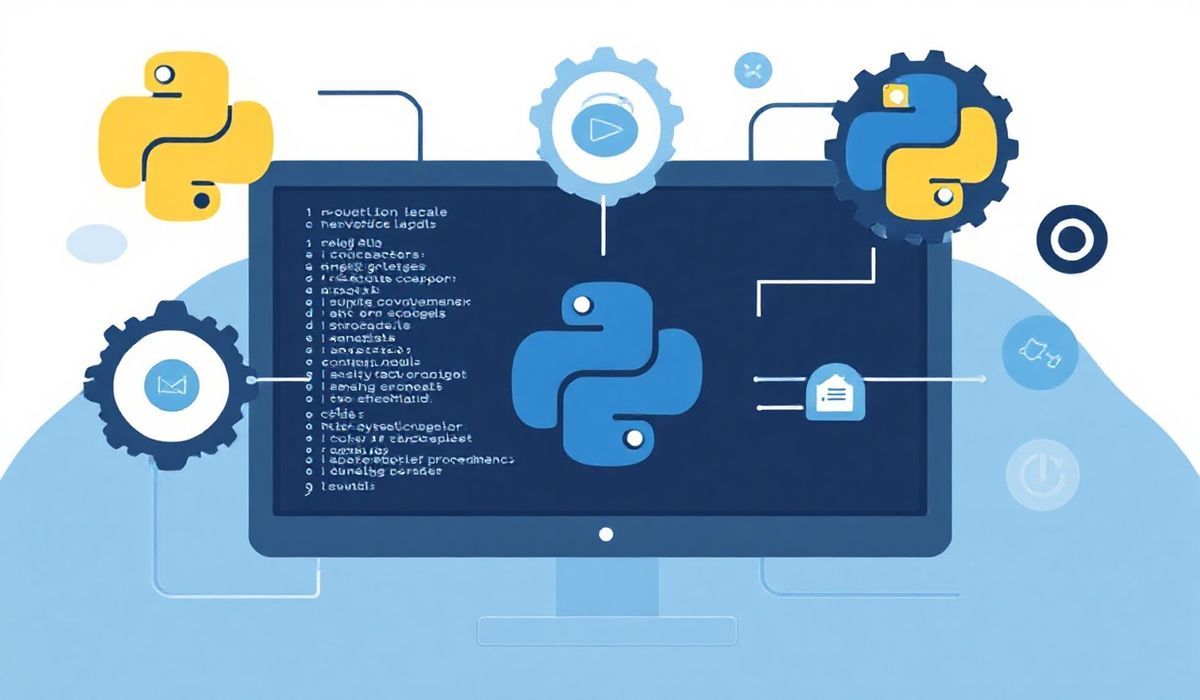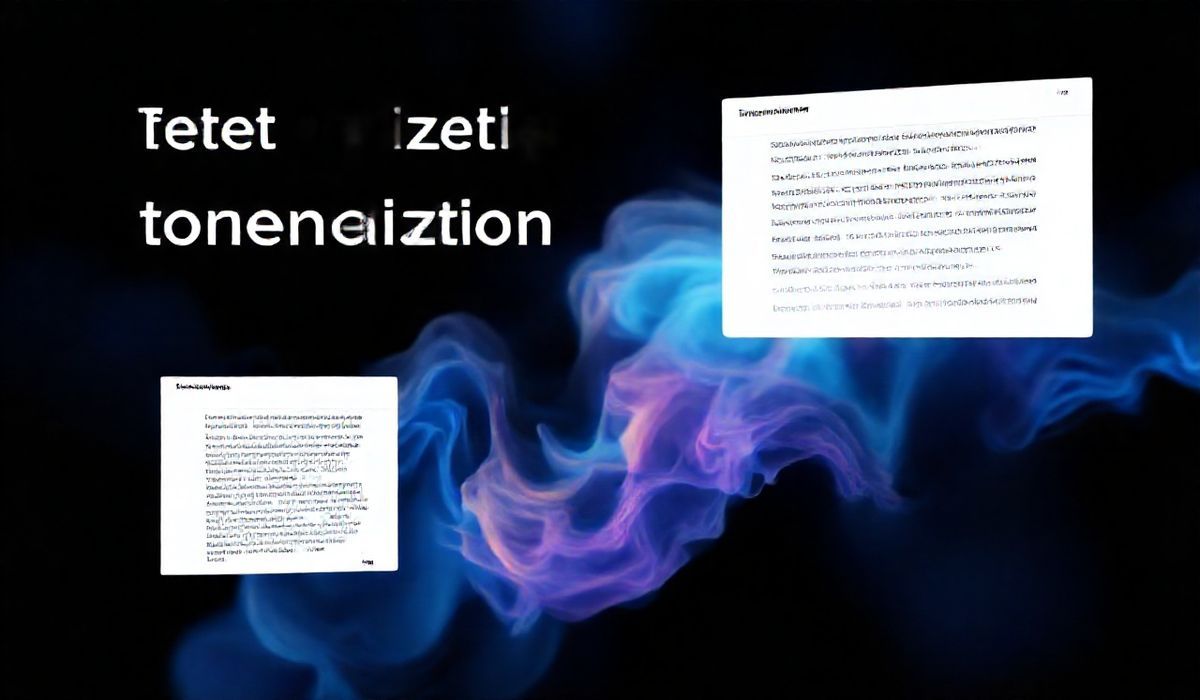Introduction to Joblib
Joblib is a Python library designed specifically to provide lightweight pipelining in Python, with capabilities for parallel computing and caching. It’s particularly useful for data processing tasks, machine learning workflows, and any application that involves heavy computational workloads. Joblib helps developers streamline their code while reducing computation time — an essential tool for high-performance computing.
Core Features of Joblib
Joblib provides various features, such as:
- Efficient serialization of large data objects.
- Transparent disk-based caching for research workflows.
- Support for parallel computing through simple APIs.
Installing Joblib
You can install Joblib via pip:
pip install joblibUsing Joblib APIs
1. Caching Computational Results
The joblib.Memory module is used for caching results of expensive function calls. This can save time for repeated function evaluations.
from joblib import Memory
memory = Memory(location='cachedir', verbose=0)
@memory.cache def expensive_computation(x, y):
return x * y + x - y
result = expensive_computation(10, 20) print(result) # Caches result for future calls. 2. Parallel Computing
Parallel processing is simplified using the Parallel and delayed methods.
from joblib import Parallel, delayed import math
def compute_square_root(i):
return math.sqrt(i)
results = Parallel(n_jobs=4)(delayed(compute_square_root)(i) for i in range(10)) print(results) 3. Serializing Objects
Joblib provides a more efficient approach to serialize Python objects as compared to the pickle library.
from joblib import dump, load
data = {'name': 'John', 'age': 30, 'scores': [95, 87, 80]} dump(data, 'data.pkl') # Save object to file.
loaded_data = load('data.pkl') # Load object from file. print(loaded_data) 4. Memory Management for Large Objects
Joblib can optimize memory usage through numpy memmaps. This is especially useful for matrix operations on large datasets.
import numpy as np from joblib import Parallel, delayed
matrix = np.memmap('matrix.dat', dtype='float32', mode='w+', shape=(1000, 1000))
def compute_row_sum(row):
return np.sum(matrix[row])
row_sums = Parallel(n_jobs=4)(delayed(compute_row_sum)(i) for i in range(matrix.shape[0])) print(row_sums) Building an Application with Joblib
Below is an example application where Joblib is used for caching, parallel processing, and serialization in a Machine Learning pipeline:
from sklearn.datasets import load_iris from sklearn.model_selection import train_test_split from sklearn.ensemble import RandomForestClassifier from joblib import dump, load, Parallel, delayed, Memory
# Caching dataset loading memory = Memory('cachedir', verbose=0)
@memory.cache def load_data():
return load_iris()
data = load_data() X_train, X_test, y_train, y_test = train_test_split(data.data, data.target, test_size=0.2, random_state=42)
# Parallel job for training multiple models def train_model(n_estimators):
model = RandomForestClassifier(n_estimators=n_estimators)
model.fit(X_train, y_train)
score = model.score(X_test, y_test)
return n_estimators, score
results = Parallel(n_jobs=4)(delayed(train_model)(i) for i in range(10, 101, 10))
# Serialize best model best_model = max(results, key=lambda x: x[1]) print(f"Best Model with {best_model[0]} trees, Accuracy: {best_model[1]}")
dump(best_model, 'best_model.pkl') # Save the best model. Conclusion
Joblib is an invaluable tool for optimizing Python code involving heavy computation or large datasets. By providing APIs for caching, parallelism, and serialization, it supports efficient resource management, making your workflows faster and smoother. Dive into Joblib today and make your Python projects highly performant.




